Did you know that more than 60 million Americans are exposed to unsafe tap water each year? Hidden contaminants, some invisible to the naked eye, may compromise the quality and safety of your drinking water. But here's the good news: advanced water filtration systems can turn your ordinary water supply into pure, crystal-clear refreshment for you and your family. This guide pulls back the filter on everything you need to know—so you can make a confident choice for healthier living.
Transform Your Water Quality with Advanced Water Filtration Systems
Safe, delicious water is more than a luxury—it’s a necessity! Investing in a high-quality water filtration system can revolutionize the way your home consumes water, improving everything from taste and odor to your family’s overall health. Whether you struggle with odd tasting water, frequent plumbing issues from heavy metals, or simply want peace of mind knowing your water is free of harmful contaminants, modern water filter systems are engineered to provide tailored solutions to your unique needs. By understanding your water’s makeup and choosing the right filter system, you’ll unlock better hydration, healthier cooking, and protection for your appliances. Learn how these systems deliver results, maximize efficiency, and fit seamlessly into any home—empowering you to take control of your water quality today.
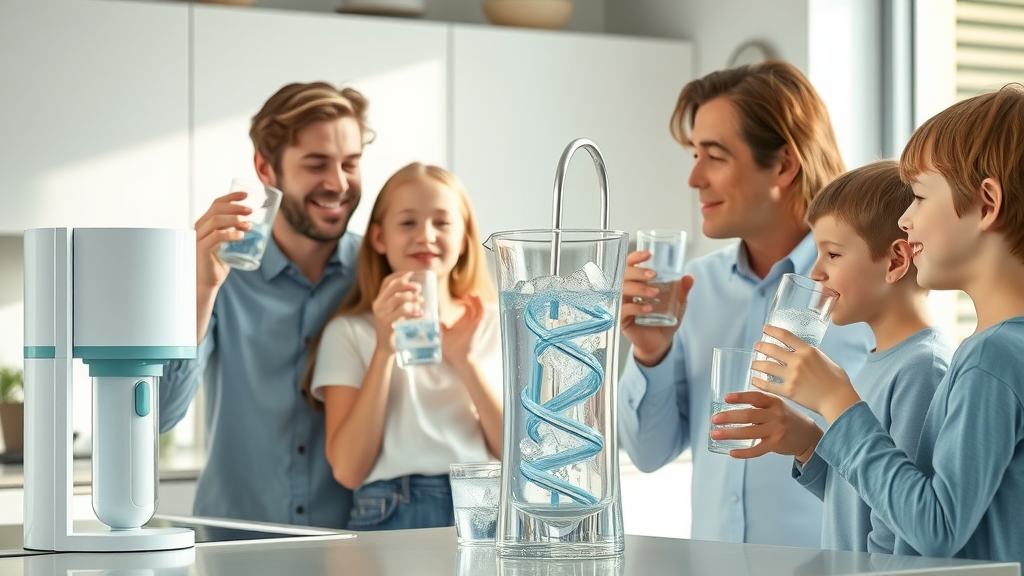
What You’ll Learn About Water Filtration Systems
Understand core features of water filtration systems
Discover the best types of water filters, including reverse osmosis system and whole house water filters
Gain insight into filtration system benefits, risks, and customer reviews
See pricing for water filtration systems and how to choose the right option for your needs
Understanding Water Filtration Systems: Essential Overview
Water filtration systems play a vital role in protecting your home water from hidden threats that lurk in household tap water. These systems use innovative technology—like advanced filter cartridges, carbon, and reverse osmosis—to remove an array of impurities, including heavy metals, chlorine, and sediment. No matter your source (city water, well, or something in between), investing in a filtration system ensures every drop is crisp and contaminant-free. From whole house water filter units safeguarding every faucet to under-sink models perfect for direct drinking water, understanding system types and their capabilities is key. Learn how each option works as we break down the core benefits and compare top-performing filters side-by-side in this comprehensive buyer’s guide.
Key Benefits of a Modern Water Filter System
Elimination of heavy metals and contaminants
Improved taste and odor
Healthier tap water for household use
"Healthy water is foundational to a healthy home." – Expert from the Water Quality Association
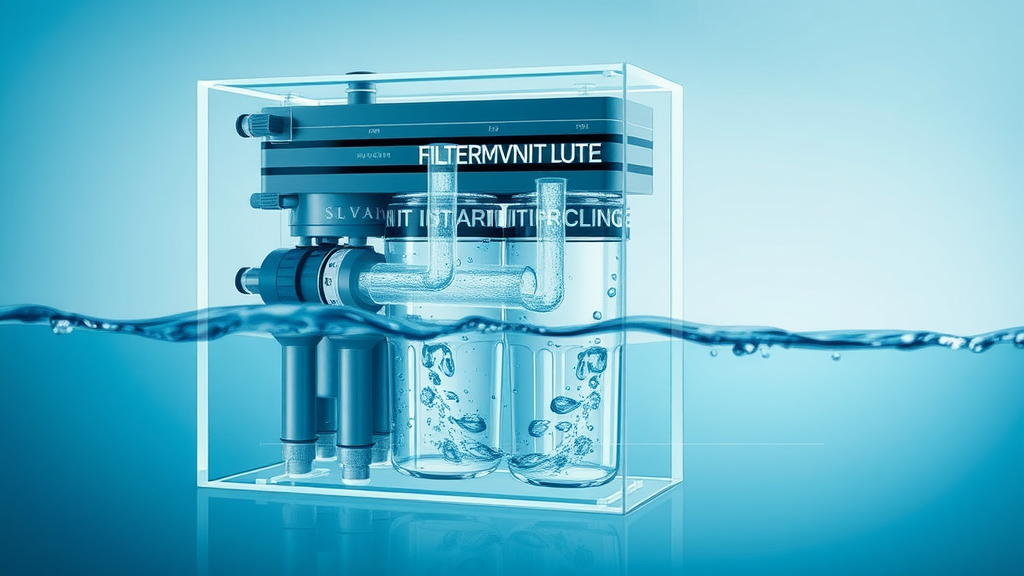
Types of Water Filtration Systems: From Reverse Osmosis to Carbon Filters
Several water filter system styles exist, each targeting unique issues present in your specific water supply. The most common are the whole house water filter, which filters all house water as it enters, and point-of-use systems such as under-sink or countertop filters designed for drinking and cooking water. Within these categories, technologies like reverse osmosis, activated carbon, and specialty filter cartridges offer various pros and cons. Choosing between them depends on your water’s quality, usage habits, and your home’s plumbing compatibility. By comparing key specs—like removal of heavy metals, ease of filter replacement, and maintenance needs—you’ll be able to choose the system that aligns with your lifestyle and ensures clean, worry-free water on demand.
Reverse Osmosis System: How Does It Work?
A reverse osmosis system (RO) is one of the most powerful options for home water filtration. This filter system channels water through a semipermeable membrane, removing dissolved salts, heavy metals, bacteria, and many other impurities that typical water filters miss. The process separates pure water molecules from contaminants—even down to the size of a single ion—leaving you with exceptionally clean reverse osmosis water. Household RO systems are often installed beneath the kitchen sink or as a whole house system. With regular maintenance and timely filter replacement, a reverse osmosis filtration system delivers consistent, high-quality drinking water while protecting your family from harmful contaminants commonly found in tap water.
See It in Action: Watch a short animation showing the reverse osmosis process in water filtration systems.
Whole House Water Filter vs. Point-of-Use Water Filtration System
When considering a new water filter system, it’s crucial to decide between a whole house water filter—which purifies water at the main entry point for your entire home—and a point-of-use filter that targets drinking or cooking taps. Whole house systems deliver filtered, contaminant-free water to every faucet and appliance, safeguarding health across the board and protecting plumbing from scale and sediment. In contrast, point-of-use systems are more targeted, often simpler to install, and highly effective for ensuring that the water you consume is pure, even if broader plumbing is less of a concern. Your selection depends on your goals, existing plumbing, and budget. The comparison table below provides a quick side-by-side look at the features, costs, and maintenance involved.
Comparison Table: Whole House vs. Point-of-Use Water Filtration Systems |
||
Feature |
Whole House Water Filter |
Point-of-Use Water Filtration System |
|---|---|---|
Coverage |
Entire home (all taps and appliances) |
Single location (e.g., kitchen sink, refrigerator) |
Installation |
More complex; professional recommended |
Simple DIY; under sink or countertop mount |
Maintenance |
Annual/semi-annual filter replacement |
Quarterly or bi-annual (depends on filter type) |
Benefits |
Protects all plumbing, great for families, reduced scaling |
Affordable, easy to monitor, focused purification |
Upfront Cost |
$$$ - $$$$ |
$ - $$ |
Activated Carbon and Other Filter Systems
Activated carbon water filter systems use highly porous carbon media to adsorb impurities—like chlorine, pesticides, and common taste/odor contaminants—from your water supply. These filters are popular in both point-of-use and whole house applications, famed for enhancing taste and mitigating harmful chemicals. Other filter systems include ceramic, UV, and mixed media filters that can target bacteria, sediment, or even soften hard water. It's important to note that filter cartridges must be replaced at regular intervals (from every 3 to 12 months) to maintain peak efficiency. Smart monitoring features and easy-access cartridges now make it easier than ever to monitor filter changes, ensuring safe and clean water flows year-round.
Water filter system types using activated carbon
Filtration system advantages for tap water
Water filter cartridge replacement intervals
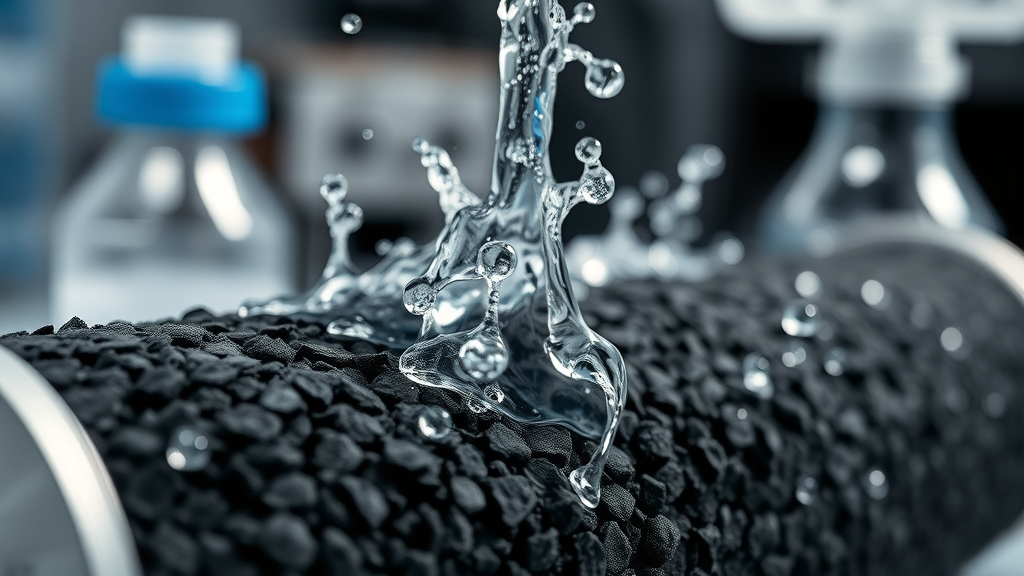
Do Water Filtration Systems Really Make a Difference?
Absolutely! Numerous studies and consumer reviews confirm that modern water filtration systems provide tangible improvements in both water quality and taste. Upgraded filtration not only removes heavy metals, chemical contaminants, and sediments but can also vastly improve the safety of city water and well water alike. Many homeowners report better tasting water, reduced appliance maintenance due to fewer mineral deposits, and peace of mind from knowing family members are protected against common waterborne risks. In real-world tests, advanced filters routinely outperform basic pitcher or faucet attachments—delivering a profound difference with every glass. Watch our interview below to see how industry experts explain these benefits firsthand.
Expert Opinion: Professional interview clip with a water filtration expert discussing the tangible improvements after system installation.
How to Select the Best Water Filtration System for Your Home
Factors: water quality test, water filter system compatibility, filter systems longevity
Choosing between whole house and under-sink filtration systems
"Selecting the right filtration system ensures your family's access to consistently clean water." – Water systems engineer
Choosing the best water filtration system starts with a simple water quality test—a quick (often free) analysis that highlights contaminants present in your supply. From there, match your results to the filter system that’s certified to remove those specific risks. Consider your home’s plumbing and decide whether a whole house or point-of-use system is optimal. Compatibility, easy cartridge changes, and proven filter longevity are essential for a worry-free experience. Prioritize filters with robust warranties and certifications from reputable agencies. And don’t forget: read user reviews to understand real-world performance in households just like yours!
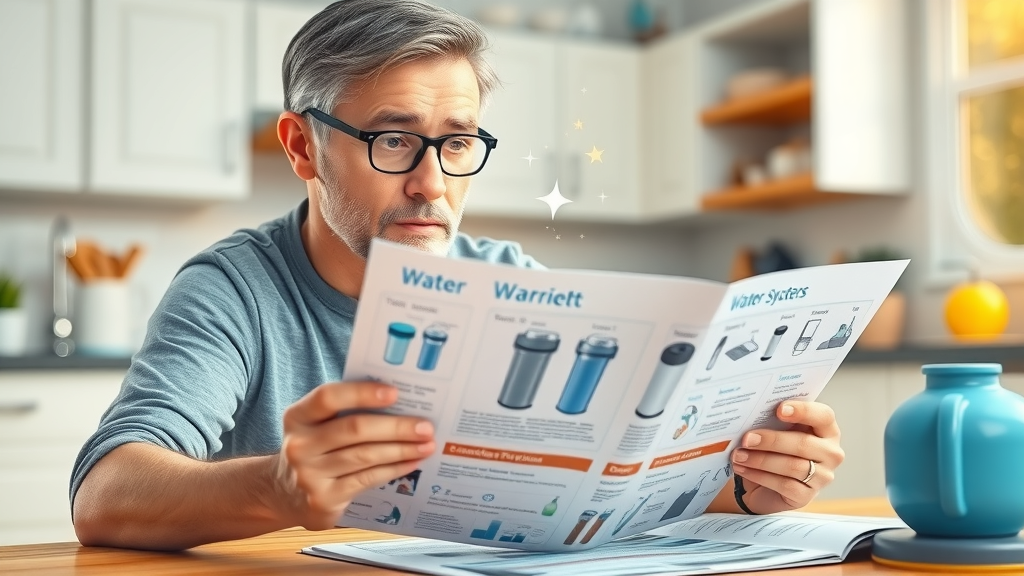
Installation and Maintenance: Keeping Your Water Filter System Running Smoothly
Recommended maintenance intervals for water filters
Troubleshooting common issues in water filtration systems
Tips for maximizing filtration system efficiency
Proper installation and routine maintenance are the keys to long-term satisfaction with any water filter system. Most filters require replacement every 6 to 12 months, but more complex reverse osmosis systems may have multiple stages, each with its own schedule. Always follow the manufacturer's guidelines for your specific filter system—and don’t hesitate to set calendar reminders for maintenance. If you notice a drop in water pressure, unusual tastes, or a lingering odor, inspect the filters immediately, as these are common signs they need to be changed. Keep extra filter cartridges on hand, and routinely sanitize lines and housings. For best results, invest in a system with clear maintenance instructions and customer support resources.
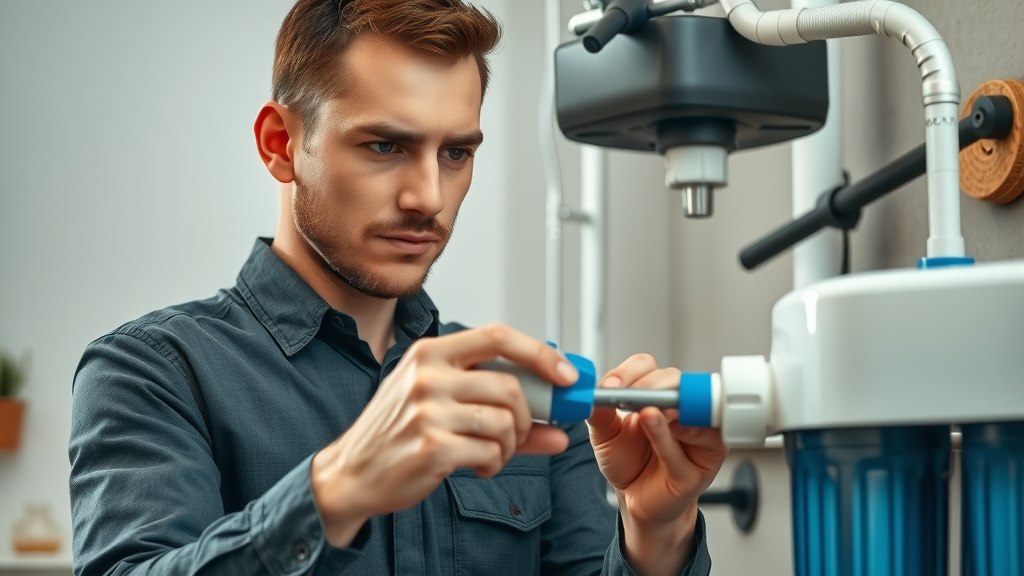
How Much Do Water Filtration Systems Cost?
Pricing for water filtration systems varies widely based on type, capacity, and features. Expect to pay anywhere from under $100 for basic faucet-mounted units up to $5,000 or more for a professionally installed whole house water filter. Ongoing maintenance (filter replacements, annual checks) should also be considered in your long-term budget. Use the comparison table below to see the typical costs for each type of system.
Price Comparison Table: Water Filtration System Types |
||
System Type |
Upfront Cost |
Annual Maintenance |
|---|---|---|
Faucet/Countertop filter |
$30 – $150 |
$30 – $80 |
Under-Sink system |
$120 – $600 |
$50 – $200 |
Whole House filter system |
$700 – $5,000 |
$100 – $500 |
Reverse Osmosis system |
$200 – $2,500 |
$100 – $400 |
Water Filtration System Reviews and Recommendations
Most trusted brands for water filters
Highest rated reverse osmosis systems
Best budget-friendly water filtration options
Consumer reviews highlight several leading brands in the field of water filtration systems. For trusted whole house filters, brands like Aquasana and APEC consistently receive high marks for reliability and effectiveness. Meanwhile, iSpring and Home Master are renowned for their reverse osmosis systems, balancing ease of installation with advanced purification features. Budget-oriented shoppers frequently praise PUR and Brita for their accessible under-sink or faucet-mounted models. Across the board, the most reliable products are praised for ease of maintenance, certified contaminant removal, and responsive customer service. Always cross-check specifications and user feedback to find the filter system that best fits your needs and ensures safe, refreshing water for every household member.
Top Features to Look for in Water Filtration Systems
Filtration system capacity and efficiency
Certification and safety standards for water filters
Customizable settings on house water filter systems
Smart monitoring for filter systems
When searching for the ideal water filtration system, keep these top features in mind: Look for high capacity filters that can meet your household’s daily water consumption without frequent changes; check that systems are certified by the NSF or WQA for proven contaminant removal; consider units with customizable settings that can adapt to seasonal changes or upgrades in water quality. Smart monitoring features, like filter change alerts and real-time water quality tracking, add convenience and peace of mind. These features, along with industry certifications and robust warranties, enhance long-term satisfaction and make your investment in clean water pay off for years to come.
People Also Ask: Frequently Searched Questions About Water Filtration Systems
What is the average price of a whole house water filtration system?
The average price of a professionally installed whole house water filtration system ranges from $1,000 to $4,000, depending on the brand, capacity, and features selected. This does not include recurring maintenance, which may run $100 to $500 annually. Prices fluctuate with additional options like integrated water softeners, advanced filtration layers, or smart monitoring systems. While upfront costs can be significant, many homeowners find the investment worthwhile for household-wide contaminant removal and peace of mind regarding their daily house water supply.
How much does Costco home water filtration system cost?
Costco offers a range of home water filtration systems typically priced from $300 to $1,800. Options include reputable brands and bundles that often feature longer filter cartridge life and professional installation. Pricing will vary by model and features—including whether it’s an under-sink, whole house, or specialty reverse osmosis system. Always compare product inclusions and available warranties before purchase to ensure it meets your home’s unique water needs.
Do I really need a whole house water filtration system?
If your local tap water contains multiple contaminants, visible sediment, or if you want to protect your entire home’s plumbing (including showers, laundry, and kitchen), a whole house water filtration system is a valuable investment. It’s especially important for homes using well water, households with increased health sensitivities, or regions with poor municipal water quality. That said, if your main focus is on drinking and cooking water and your plumbing is in good condition, a point-of-use system may suffice for your needs.
What is the downside of reverse osmosis?
While reverse osmosis systems provide advanced contaminant removal, they come with a few drawbacks. RO systems can waste several gallons of water for each gallon filtered, may strip tap water of beneficial minerals, and require relatively frequent multi-stage filter changes. Installation is often more complex than simple cartridge filters. If you choose an RO system, select newer models with water efficiency features and consider remineralization cartridges to add back healthy minerals for the best-tasting water.
Key Takeaways: Water Filtration Systems at a Glance
Water filtration systems provide essential protection against waterborne contaminants
Reverse osmosis systems offer advanced purification but require consideration for water usage and maintenance
Whole house water filters protect your plumbing and home appliances
Evaluating water filter system reviews and ongoing costs is key in your decision-making process
FAQs: Water Filtration Systems
What contaminants do water filtration systems remove? Most modern systems remove sediment, chlorine, heavy metals, bacteria, pesticides, and in advanced options, pharmaceuticals and microplastics.
How often should I replace my water filter cartridge? Replacement intervals range from every 3 to 12 months, depending on filter type, brand, and water usage. Always follow the manufacturer’s recommendations.
Are water filtration systems worth it for city water? Yes! Even city water can contain trace contaminants, lingering chlorine, or taste and odor issues—making filtration systems a wise investment for health and flavor.
How do reverse osmosis systems differ from basic filter systems? RO systems force water through a membrane for extremely fine filtration, removing more dissolved solids than most basic carbon or ceramic filters.
Can water filtration improve taste and odor? Absolutely. Carbon and multi-stage filters are especially effective at removing chlorine, sulfur, and other substances that cause off-flavors or smells.
Conclusion: Make the Clear Choice with Water Filtration Systems
Investing in the right water filtration system transforms every drop in your home—making superior health and peace of mind part of your daily routine.
Ready to Experience the Difference? Get Your Water Filtration Systems
Take charge of your water quality today—explore top-rated water filtration systems and discover the lasting benefits of pure, clean water for your home!
 Add Row
Add Row  Add
Add 

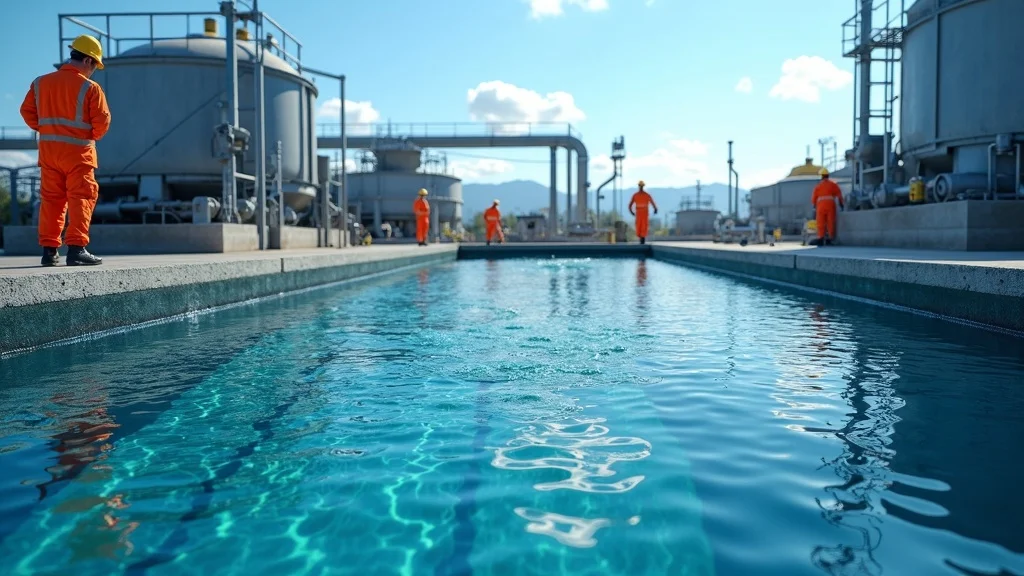
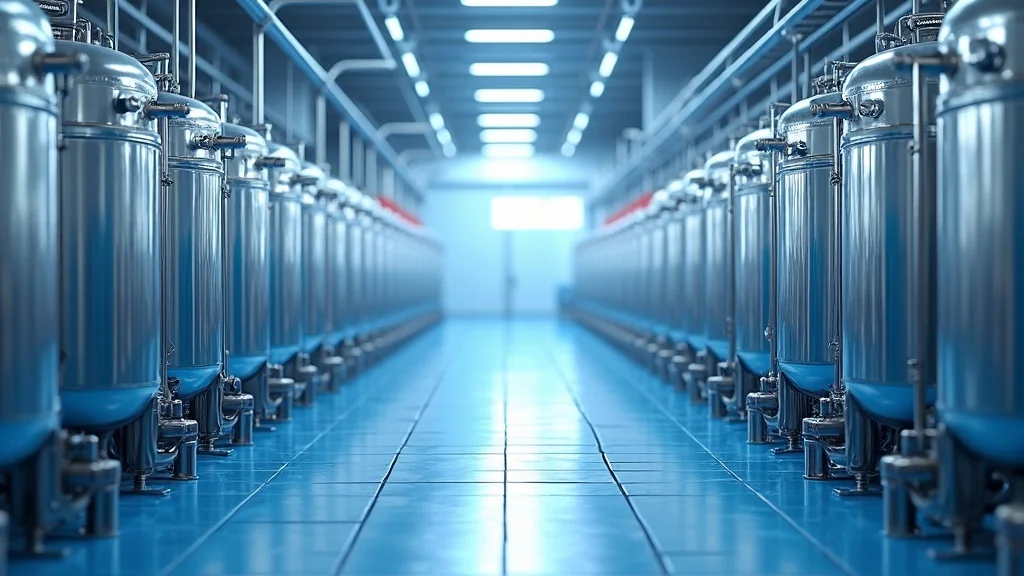
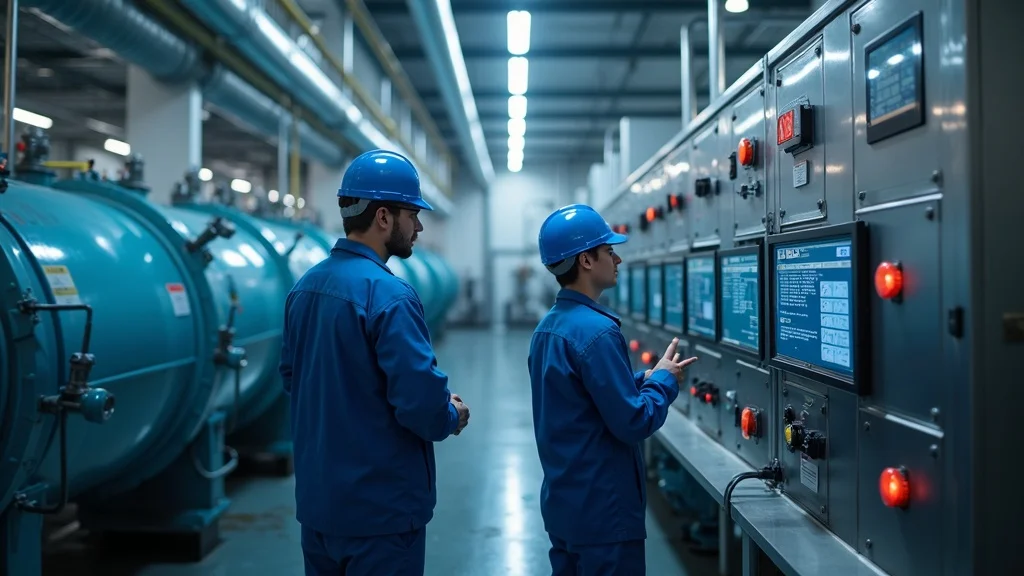
Write A Comment